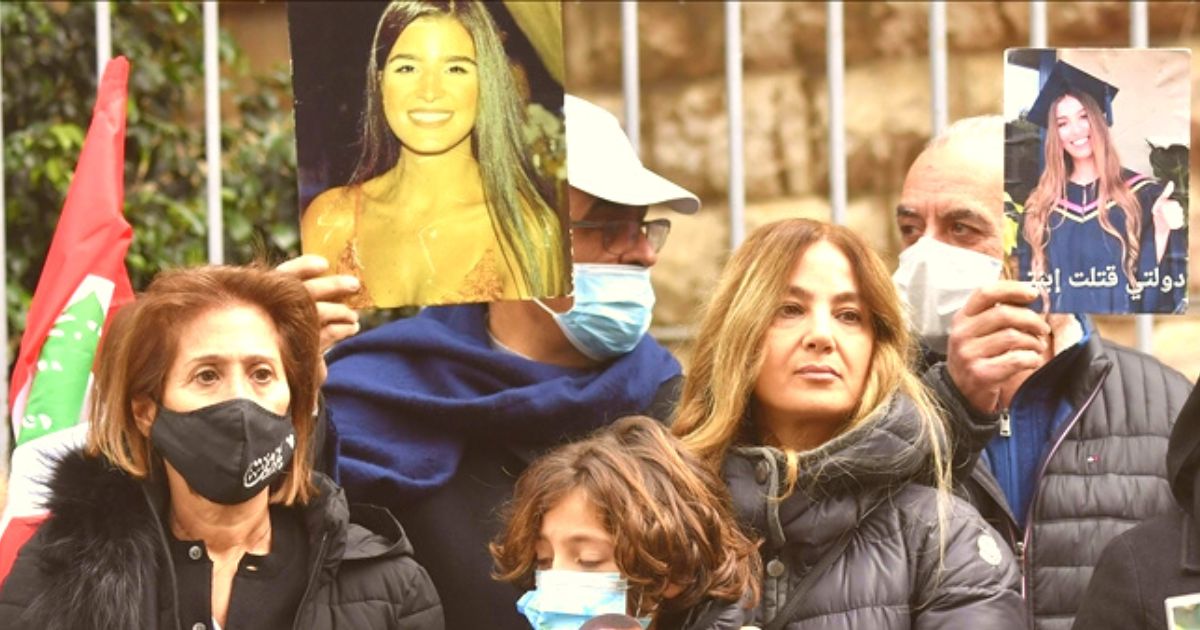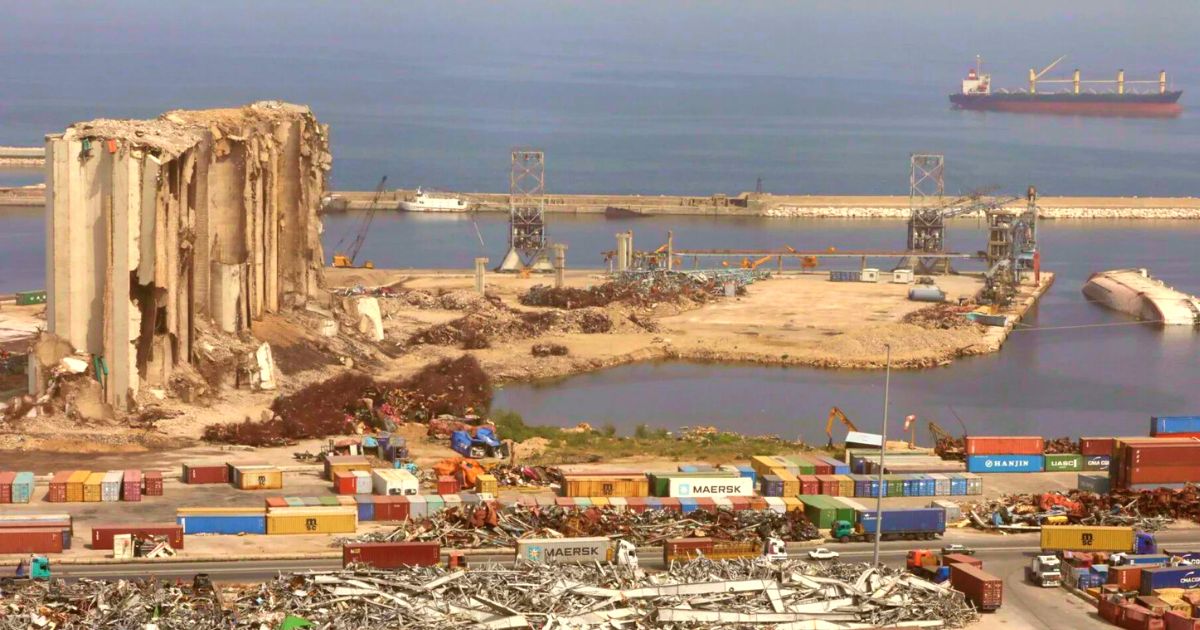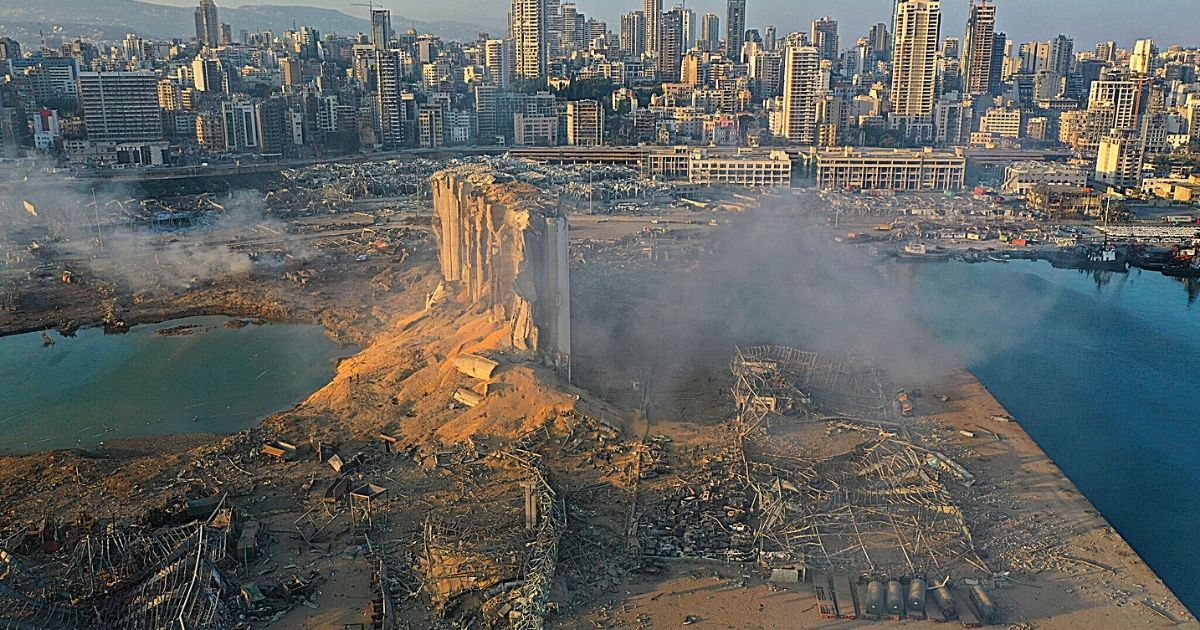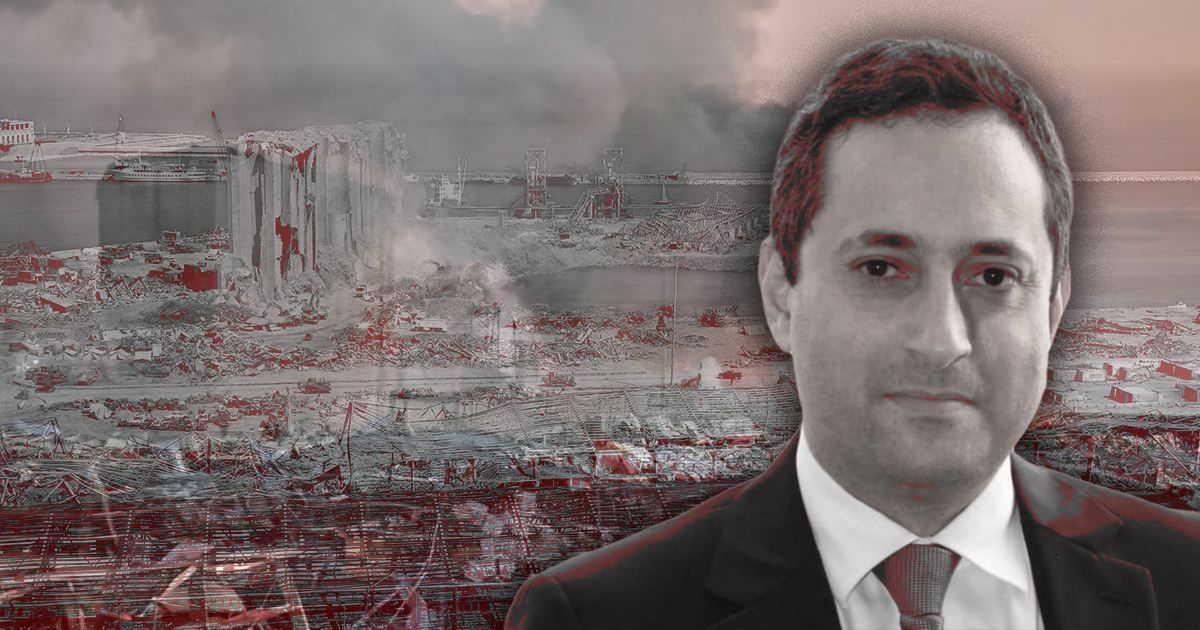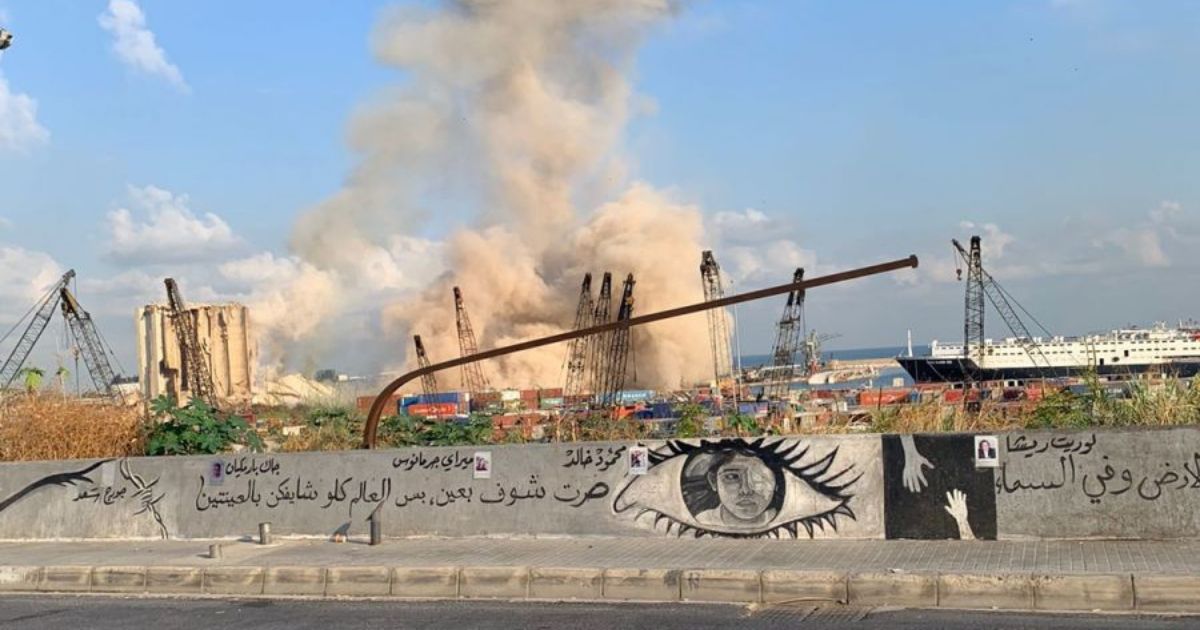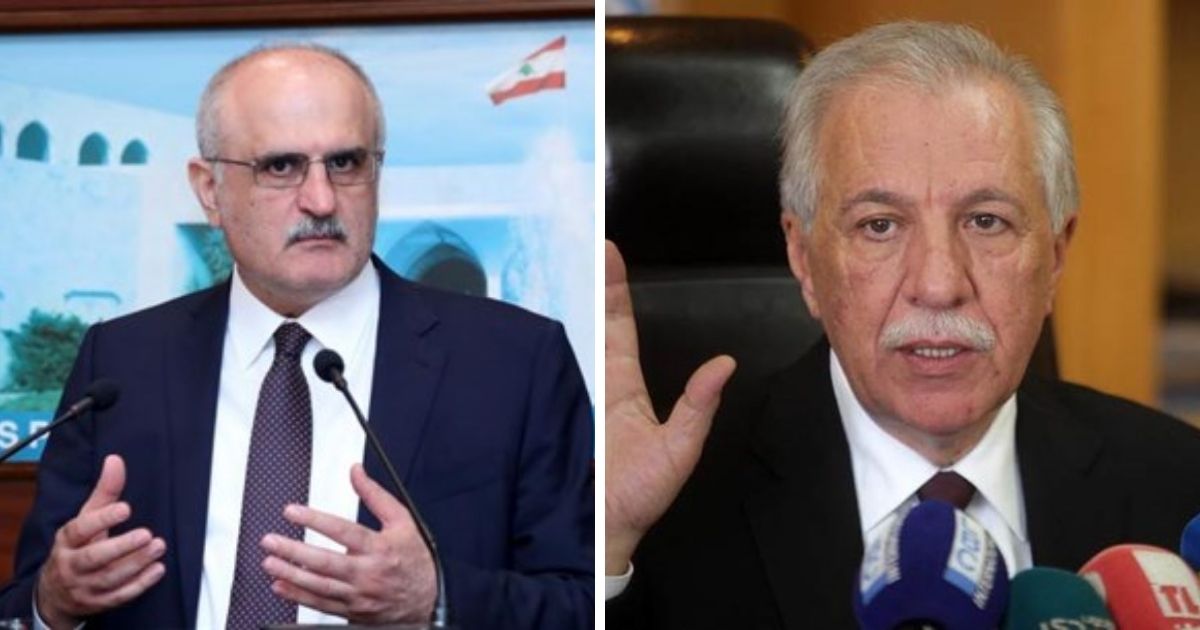What is noteworthy about the majority of the aid that has flown into Lebanon since the August 4 explosion is the fact that many countries and organizations have opted to reach people directly with the aid, not through the government.
After landing in Lebanon, Qatar’s Minister of Foreign Affairs Sheikh Mohammed bin Abdulrahman Al-Thani, met with several Lebanese officials, to whom he reiterated his country’s support for Lebanon in wake of the Beirut explosion.
One of the notable remarks he made on Tuesday was his affirmation that Qatar did not vow to deposit any money at Lebanese banks.
In light of the “serious shock” caused by the port explosion, Qatar maintains “a firm position to support efforts aiming to steer Lebanon out of the crisis,” he said as he met President Michel Aoun in Baabda.
Nevertheless, “Qatar did not mention anything about a deposit. The issue was mainly about providing support,” he explained, answering a reporter’s question about money deposits at Lebanese banks.
“We seek to have investment projects that support the economy and benefit the two peoples,” the official added.
After sending 4 planes carrying generators and field hospitals to Lebanon, and raising money to aid the Lebanese people after the blast, Qatar recently vowed to contribute to rebuilding blast-stricken Beirut.
On that note, during the Tuesday meeting, the Foreign Minister mentioned that Qatar was about to finish “a study for rebuilding damaged schools.”
“We have visions that will be discussed with the government to steer out of the economic crisis,” he also announced, affirming that “work on political stability and reforms away from any external pressure is needed.”





